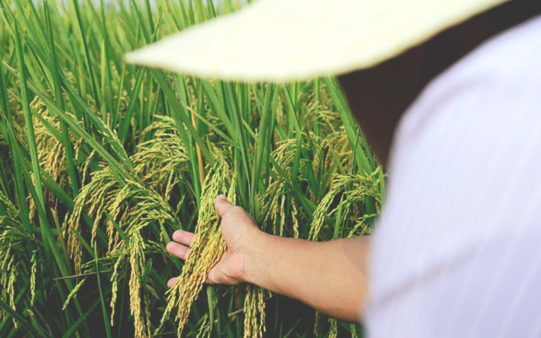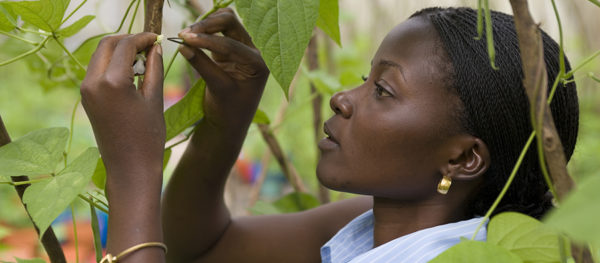Tag: international day of women and girls in science

Getting More Women into Science Can Help Solve our Food System’s Challenges Faster
Global: Encouraging women into agricultural research can help solve the world's food systems challenges faster.
Read MoreThe Path to Empowering Women in Agricultural Science
Africa & Middle East: Building a pipeline of capable and confident African women scientists is needed to attain inclusive agriculture-driven prosperity for the continent, writes Dr. Wanjiru Kamau-Rutenberg.
Read More

